Home>Garden Essentials>How Long Does It Take Rye Grass To Germinate
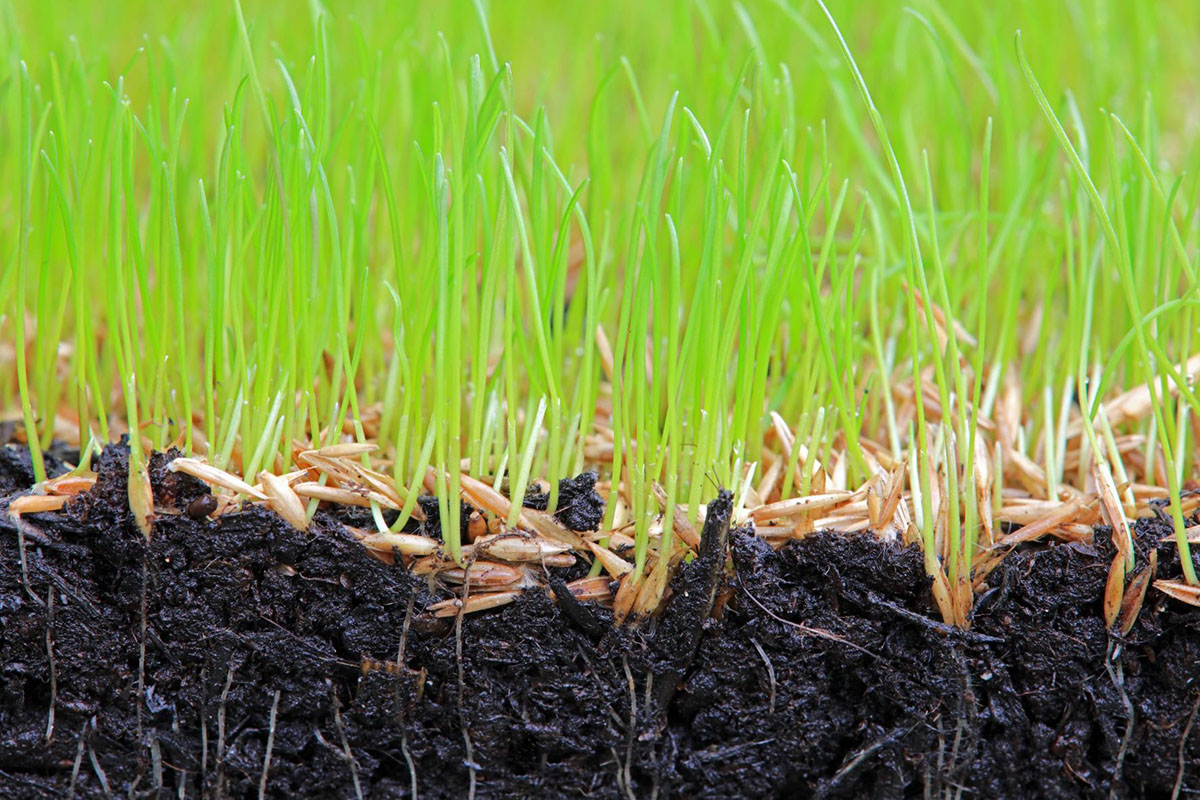

Garden Essentials
How Long Does It Take Rye Grass To Germinate
Modified: March 16, 2024
Learn how long it takes for rye grass to germinate in your garden. Find out the optimal conditions for faster growth and successful cultivation.
(Many of the links in this article redirect to a specific reviewed product. Your purchase of these products through affiliate links helps to generate commission for Storables.com, at no extra cost. Learn more)
Introduction
Welcome to the world of gardening! Whether you are a seasoned gardener or just starting out, understanding how different grasses germinate is essential for successful plant growth. In this article, we will specifically focus on rye grass germination. Rye grass is a popular choice for lawns, sports fields, and pasturelands due to its fast-growing nature and durability. However, knowing how long it takes for rye grass to germinate is crucial for planning and maintaining a healthy and lush lawn.
Germination is the process by which a seed sprouts into a new plant. It involves the activation of the seed, allowing it to absorb water, break dormancy, and initiate growth. While the general principles of germination are the same for most plant species, the specific requirements and time frames can vary.
In the case of rye grass, germination time depends on several factors, such as environmental conditions, seed quality, and seedbed preparation. Understanding these factors and providing the ideal conditions for germination will help you achieve optimal results and a beautiful rye grass lawn.
Key Takeaways:
- Rye grass germination takes 5 to 10 days under ideal conditions, influenced by factors like soil temperature, moisture, and seed quality. Patience and proper care are key to a lush lawn.
- To promote rye grass germination, prepare the seedbed, sow seeds at the correct depth, water regularly, and maintain optimal temperature and light exposure. Overcoming challenges like poor seed quality and weed competition is crucial.
Factors Affecting Rye Grass Germination
Rye grass germination is influenced by various factors that can either promote or hinder the process. It is important to be aware of these factors to ensure successful germination and establishment of a healthy rye grass lawn. Let’s examine some of the key factors affecting rye grass germination:
- Soil Temperature: Rye grass is a cool-season grass that thrives in cooler temperatures. It prefers soil temperatures between 50°F (10°C) and 65°F (18°C) for optimal germination. If the soil temperature is too low, germination may be significantly delayed or inhibited.
- Moisture: Adequate moisture is crucial for rye grass germination. Without proper hydration, the seeds cannot absorb water and initiate the germination process. However, excessive moisture can lead to rotting or fungal diseases, so it is essential to find the right balance.
- Seed Quality: The quality of the rye grass seeds directly affects the germination rate. It is important to purchase high-quality seeds from reputable suppliers to ensure better success rates. Poor-quality seeds may have low viability, reducing the chances of germination.
- Seed Depth: Rye grass seeds should be sown at the correct depth for optimal germination. If the seeds are buried too deep in the soil, they may struggle to emerge, resulting in delayed or uneven germination. Conversely, planting the seeds too shallow may expose them to drying out or being washed away.
- Seedbed Preparation: A well-prepared seedbed is essential for rye grass germination. The soil should be loose, free of debris, and well-drained to allow for easy root development. Properly cultivating the soil and removing weeds will create an ideal environment for the seeds to germinate and establish.
These are just a few of the key factors that can impact the germination of rye grass. By understanding these factors and taking the necessary steps to address them, you can greatly increase the success rate of rye grass germination and create a thriving lawn.
Ideal Conditions for Rye Grass Germination
To achieve successful rye grass germination, it is important to create the ideal conditions for the seeds to sprout and establish. Here are some key factors to consider when aiming for optimal germination:
- Soil pH: Rye grass prefers slightly acidic to neutral soil pH levels between 6.0 and 7.0. Testing the soil pH and making any necessary adjustments before sowing the seeds can ensure the ideal conditions for germination.
- Soil Moisture: Adequate moisture is essential for rye grass seed germination. The soil should be evenly moist, but not saturated, to provide the perfect environment for the seeds to absorb water and begin the germination process. Water the seeded area regularly, keeping the top layer of soil consistently moist.
- Soil Temperature: As mentioned earlier, rye grass prefers cooler temperatures for germination. Soil temperatures between 50°F (10°C) and 65°F (18°C) are optimal for prompt germination. Monitoring the soil temperature and choosing the right time to sow the seeds can greatly improve germination success.
- Light: Rye grass seeds benefit from exposure to sunlight during germination. If possible, avoid covering the seeds with too much soil or mulch, as this can hinder their access to light. However, note that rye grass can still germinate in partially shaded areas, although it may take slightly longer.
- Air Circulation: Good air circulation aids in the drying of the soil surface and reduces the risk of fungal diseases. Ensure that there is adequate airflow around the seeded area by avoiding overcrowding of plants and removing any debris or obstructions.
By providing the ideal conditions of slightly acidic to neutral soil pH, appropriate soil moisture, optimal soil temperature, sufficient light, and good air circulation, you can significantly increase the chances for successful rye grass germination.
It’s worth noting that these ideal conditions can vary slightly depending on your specific climate, region, and the specific variety of rye grass you are planting. Consulting with local gardening experts or contacting your cooperative extension service can provide valuable insights and recommendations tailored to your area.
Germination Time Frame for Rye Grass
Rye grass germination typically occurs within 5 to 10 days under ideal conditions. However, various factors can influence the germination time frame, and it may vary slightly from one situation to another. Understanding the general timeline for rye grass germination can help you plan and monitor its progress. Here’s a breakdown of the typical time frame for rye grass germination:
- Days 1-2: After sowing the rye grass seeds, they undergo a process called imbibition, where they absorb water and swell. During this period, the seeds begin to break dormancy and prepare for germination.
- Days 3-5: By this time, you may start to see the first signs of germination. Tiny white roots called radicles emerge from the seeds and begin to grow downwards into the soil. These roots are crucial for nutrient uptake and anchoring the new seedlings.
- Days 6-10: The root development continues, and you may notice the emergence of the first green shoots above the soil surface. These shoots, called cotyledons, are the seedlings’ primary source of energy until the true leaves develop.
- Days 10 and onwards: Around the tenth day, the first set of true leaves should begin to appear. These leaves differ from the initial cotyledons and have a characteristic grass-like appearance. At this stage, the rye grass seedlings are becoming more established and are ready for further growth and development.
It’s important to note that the germination time frame can be influenced by factors such as temperature, moisture levels, seed quality, and seedbed preparation. Cooler temperatures or unfavorable weather conditions may slightly prolong the germination process, while optimal conditions can speed it up.
Monitoring the germination time frame is crucial to ensure that the seeds are successfully sprouting and to identify any potential issues. If there is a significant delay in germination or uneven germination patterns, it may indicate a problem that needs to be addressed, such as poor seed quality, improper soil conditions, or insufficient moisture.
Remember to be patient during the germination process, as rye grass can take a few weeks to fully establish and develop a dense lawn. Providing proper care and maintenance, including regular watering, appropriate fertilization, and mowing at the appropriate height, will help the rye grass thrive and create a beautiful and resilient lawn.
Rye grass typically takes 5-10 days to germinate. Keep the soil consistently moist and provide plenty of sunlight for best results.
Tips for Promoting Rye Grass Germination
To increase the chances of successful rye grass germination and establish a lush and healthy lawn, it is important to follow certain tips and best practices. Here are some valuable tips to promote rye grass germination:
- Prepare the Seedbed: Before sowing the rye grass seeds, prepare the seedbed properly. Clear the area of any debris, rocks, or weeds that may hinder seed germination. Loosen the soil using a rake or garden tiller, ensuring it is fine and crumbly to facilitate seed-to-soil contact.
- Sow the Seeds at the Correct Depth: Rye grass seeds should be sown at a depth of ¼ to ½ inch (6 to 13 mm). Broadcast the seeds evenly over the prepared seedbed, either by hand or using a spreader. Avoid sowing the seeds too densely, as this can result in overcrowding and poor seedling development.
- Water Regularly: Proper moisture is crucial for rye grass germination. After sowing the seeds, water the area thoroughly to ensure that the soil is evenly moist. Continue to water the seeded area regularly, keeping the top layer of soil consistently moist until the grass seedlings are well-established.
- Maintain Optimal Temperature: Monitor the soil temperature during the germination period to ensure it falls within the desired range of 50°F (10°C) to 65°F (18°C). Consider sowing the seeds during the cooler months or providing shade if the temperature gets too high to create a favorable environment for germination.
- Provide Light: Rye grass seeds require some exposure to sunlight for optimal germination. Avoid covering the seeds with excessive soil or mulch. If necessary, lightly rake the soil to ensure adequate seed-to-soil contact while still allowing access to light.
- Fertilize Appropriately: Once the rye grass seedlings have emerged, it is important to provide them with the necessary nutrients for healthy growth. Apply a slow-release fertilizer specifically formulated for new grass seedlings, following the manufacturer’s instructions for application rates and timing.
- Mow at the Proper Height: Once the rye grass has established and reached a height of 2 to 3 inches (5 to 7.5 cm), it is time for the first mowing. Set your mower at a height of 2 to 2.5 inches (5 to 6 cm) and remove no more than one-third of the grass blade’s length at a time to avoid stressing the seedlings.
Following these tips will provide the optimal conditions for rye grass germination and early growth. Remember that consistency is key – regular watering, appropriate fertilization, and proper mowing practices will all contribute to the overall health and resilience of your rye grass lawn.
Additionally, it is essential to be patient during the germination process. Rye grass can take a few weeks to fully establish and develop into a dense and vibrant lawn. With proper care and maintenance, your efforts will be rewarded with a beautiful and thriving rye grass lawn.
Common Challenges in Rye Grass Germination
While rye grass germination can be a relatively straightforward process, there are certain challenges that gardeners may encounter. Understanding these common challenges and knowing how to overcome them can greatly improve the success rate of rye grass germination. Here are some challenges you may face:
- Poor Seed Quality: Using low-quality or old rye grass seeds can significantly affect germination success. It is important to purchase fresh, high-quality seeds from reputable suppliers. Check the seed packaging for the germination rate and expiry date to ensure you are starting with viable seeds.
- Timing and Temperature: Rye grass is a cool-season grass and germinates best in cooler temperatures. If the seeds are sown too early in the season or when the soil is still too cold, germination may be delayed or inhibited. Similarly, if temperatures are too high, germination can be negatively affected. Timing the seeding process correctly and monitoring soil temperature is crucial for success.
- Inadequate Moisture: Adequate moisture is essential for rye grass germination, but too much or too little water can pose challenges. Insufficient water can prevent proper absorption and activation of the seeds, while excessive water can lead to rotting or fungal diseases. It is important to maintain balanced soil moisture by watering regularly and ensuring the soil is consistently damp but not waterlogged.
- Improper Seed Depth: Planting rye grass seeds at the incorrect depth can hinder germination. If seeds are sown too deep, they may struggle to reach the surface and emerge. On the other hand, seeds that are sown too shallow may not receive adequate soil contact for proper growth. The recommended seed depth for rye grass is typically between ¼ to ½ inch (6 to 13 mm).
- Inadequate Seed-to-Soil Contact: Rye grass seeds require good contact with the soil to germinate successfully. Failure to achieve sufficient seed-to-soil contact can lead to decreased germination rates. Raking the soil lightly after seeding or using a lawn roller can help improve seed-to-soil contact and increase germination success.
- Competing Weeds: Weeds can pose a significant challenge to rye grass germination. They can compete for nutrients, water, and sunlight, hindering the growth of rye grass seedlings. It is important to control weeds prior to seeding and implement appropriate weed management strategies to create a favorable environment for germination.
Overcoming these challenges requires proper planning, attention to detail, and timely action. By ensuring seed quality, sowing at the correct time and temperature, providing adequate moisture, achieving proper seed depth and seed-to-soil contact, and managing weed competition, you can greatly increase the chances of successful rye grass germination.
If you encounter any challenges or have specific concerns, it is always beneficial to seek guidance from local gardening experts or your cooperative extension service. They can provide valuable advice tailored to your specific region and help you navigate any obstacles that may arise during the germination process.
Conclusion
Rye grass germination is an essential step in establishing a healthy and vibrant lawn. By understanding the factors that influence germination, creating the ideal conditions, and following best practices, you can greatly increase the success rate of rye grass germination.
Factors such as soil temperature, moisture, seed quality, seedbed preparation, and proper sowing depth play crucial roles in the germination process. Providing the right environment, including the appropriate soil pH, optimal moisture levels, and sufficient light and air circulation, can greatly enhance germination success.
Having a good understanding of the typical germination time frame for rye grass, which usually occurs within 5 to 10 days, allows you to monitor the progress and identify any potential issues. Patience and regular care, such as adequate watering, proper fertilization, and mowing at the correct height, are key to ensuring the establishment of a beautiful and resilient rye grass lawn.
Despite the challenges that can arise during the germination process, such as poor seed quality, timing and temperature issues, inadequate moisture, improper seed depth, and weed competition, these challenges can be overcome with proper planning and implementation of effective strategies.
As you embark on your journey of rye grass germination, remember to seek local advice, consult experts, and utilize resources available to you. Local gardening experts and cooperative extension services can provide valuable insights and recommendations specific to your region.
With dedication, knowledge, and the application of the tips and guidelines provided in this article, you can successfully promote rye grass germination and create a lush, green lawn that will be the envy of your neighborhood. Happy gardening!
Frequently Asked Questions about How Long Does It Take Rye Grass To Germinate
Was this page helpful?
At Storables.com, we guarantee accurate and reliable information. Our content, validated by Expert Board Contributors, is crafted following stringent Editorial Policies. We're committed to providing you with well-researched, expert-backed insights for all your informational needs.
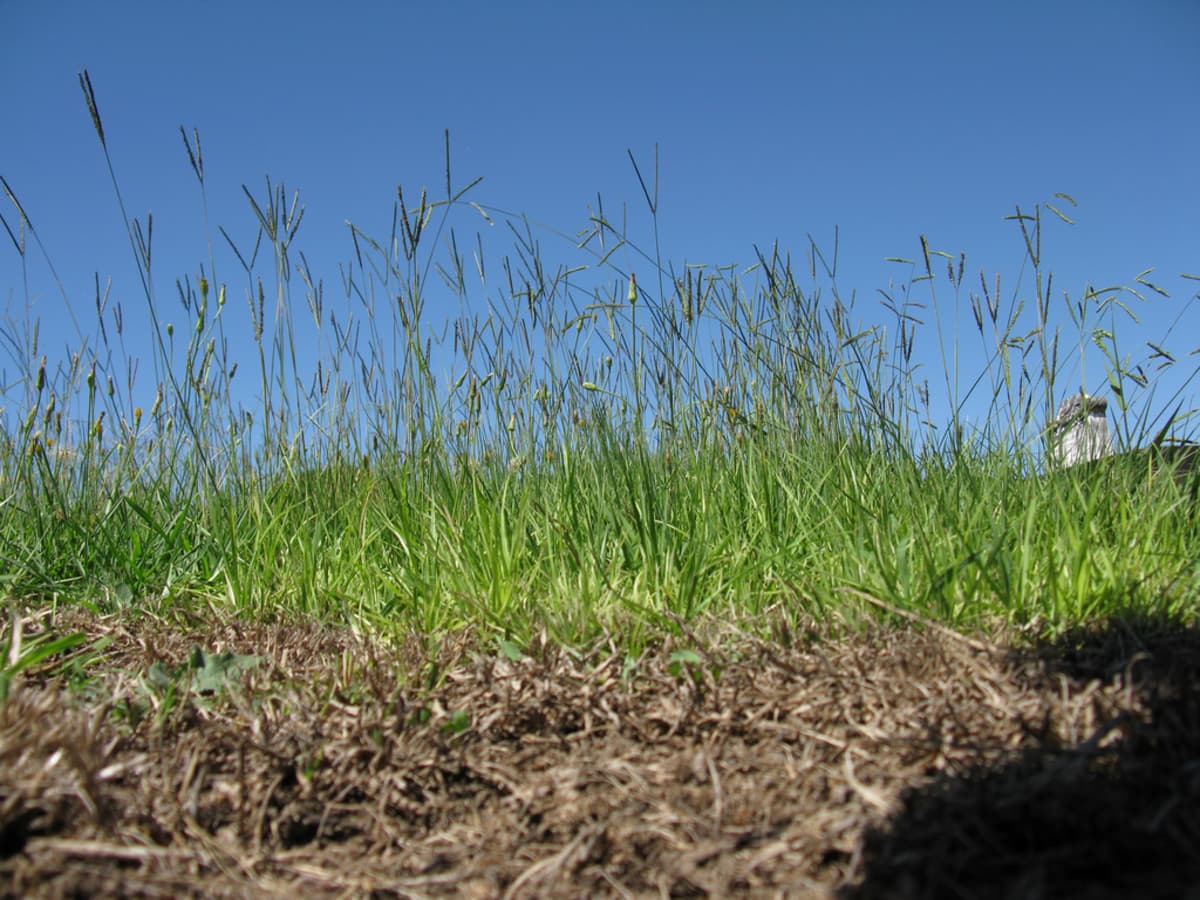
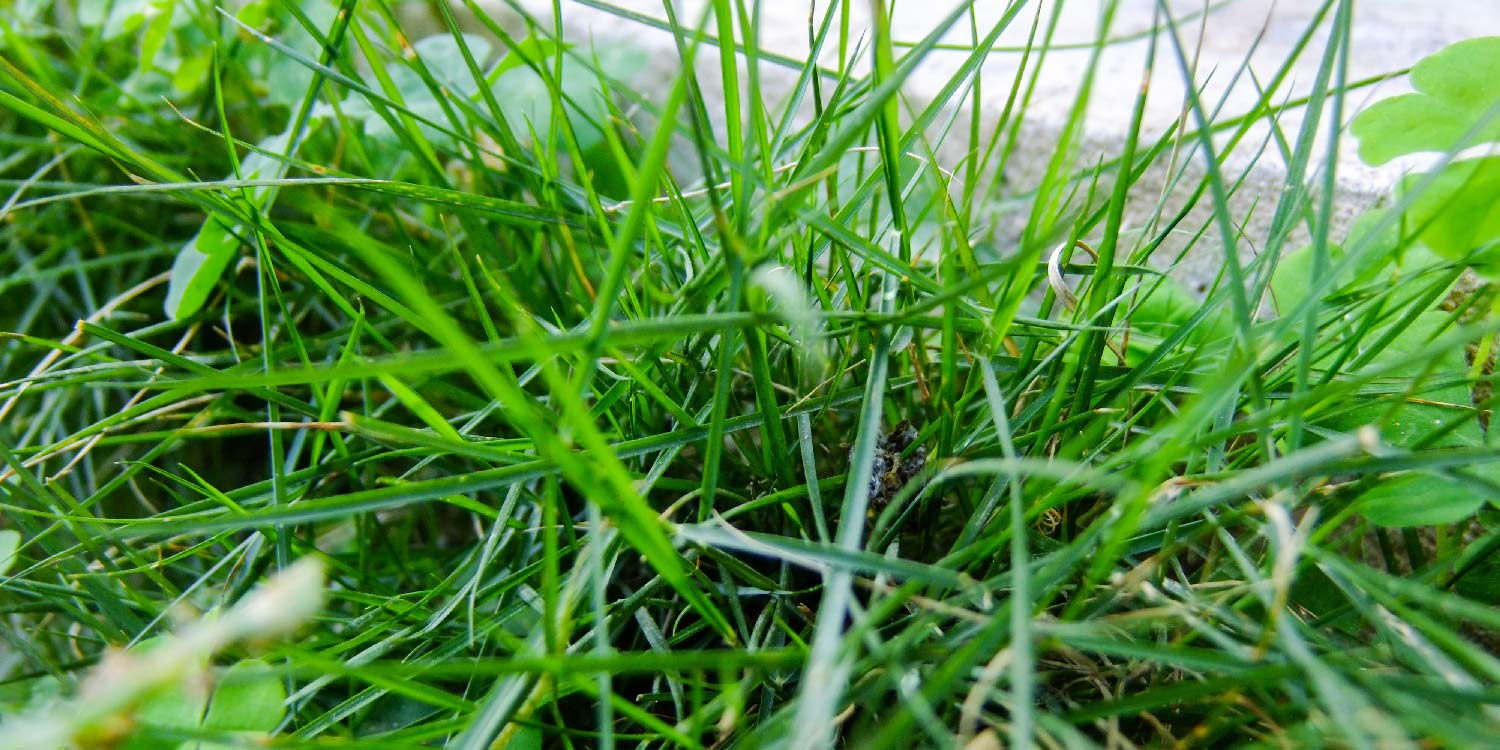
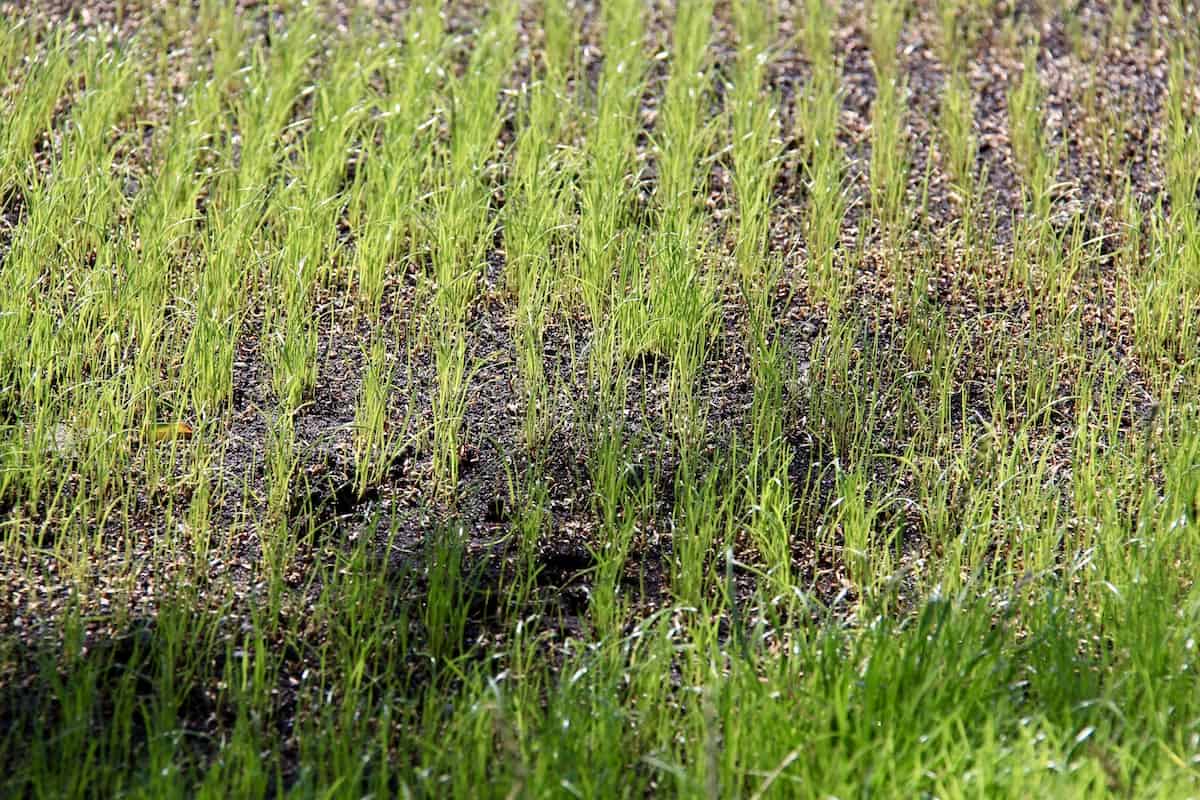
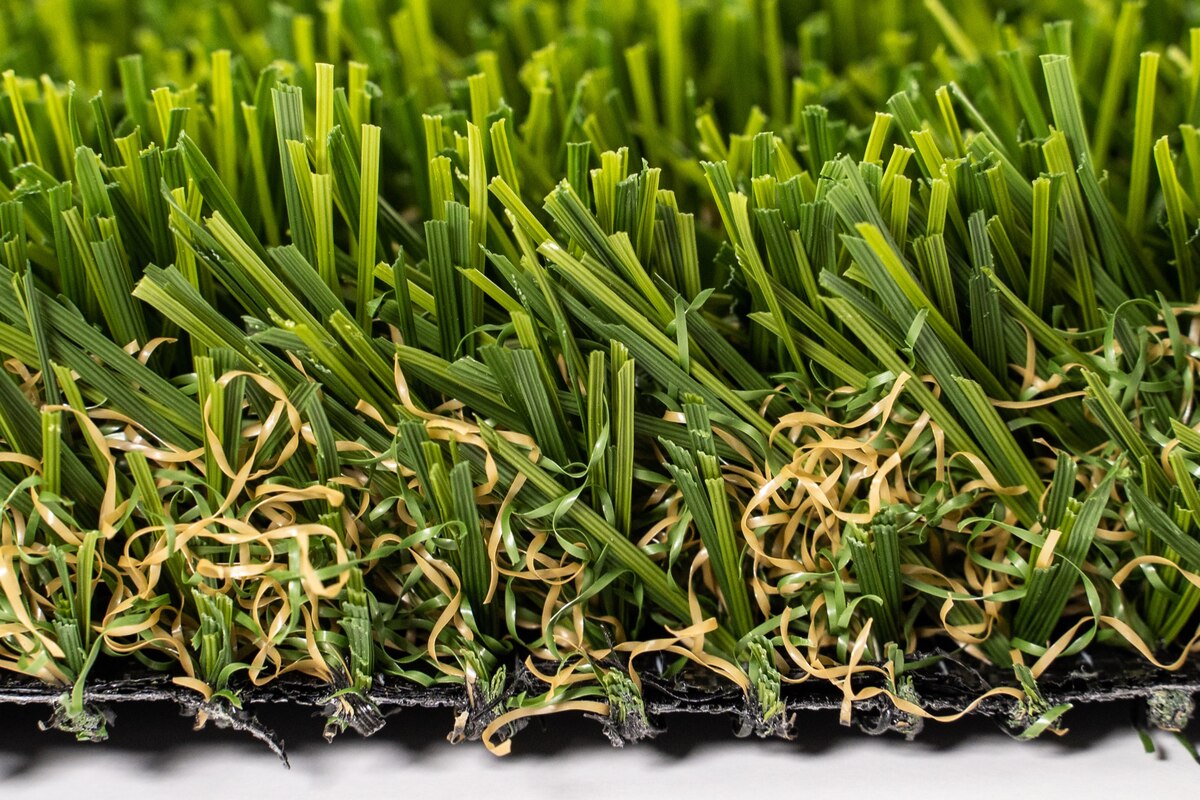

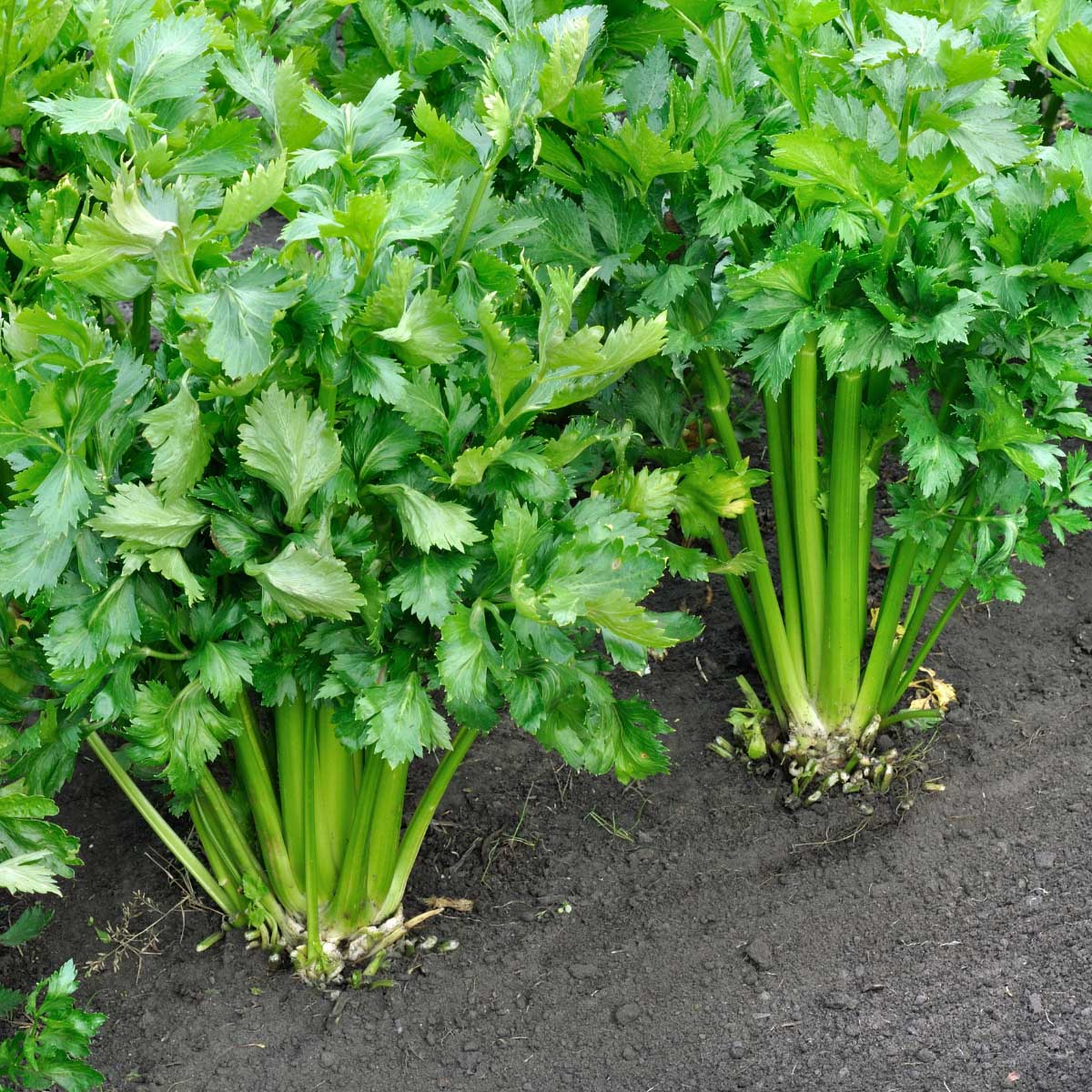
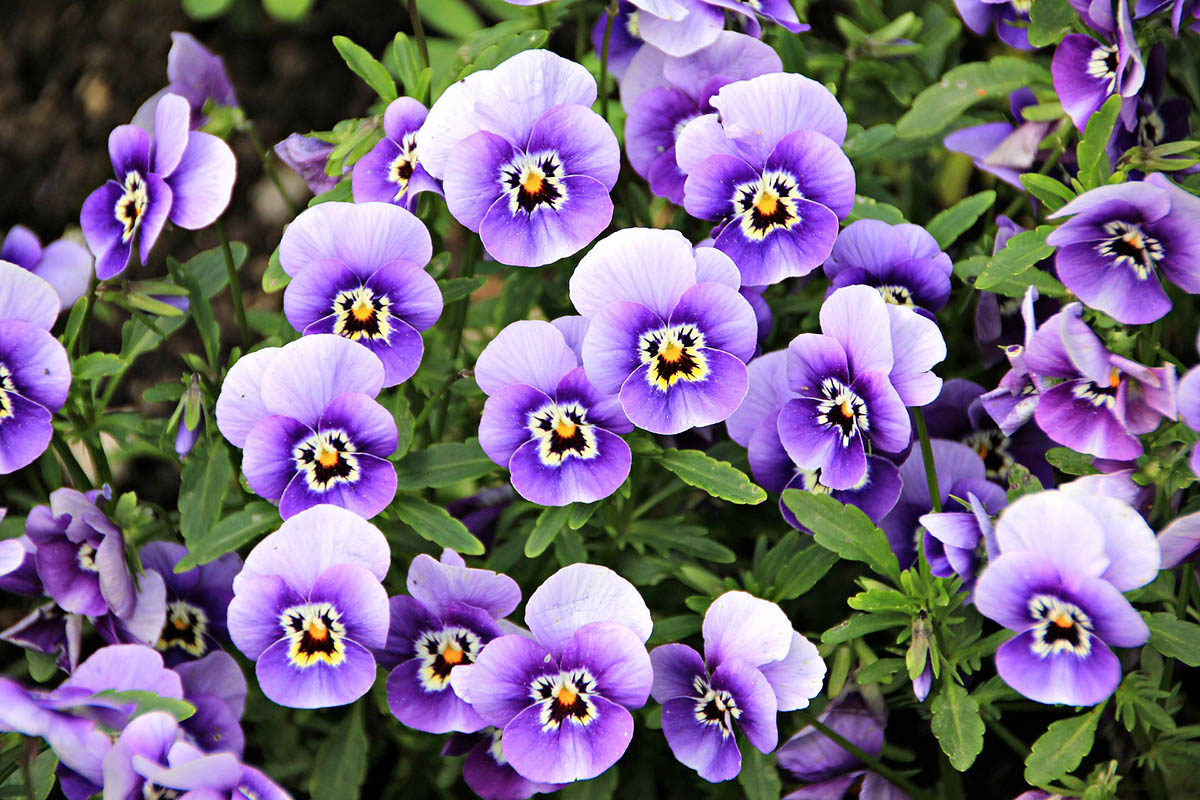
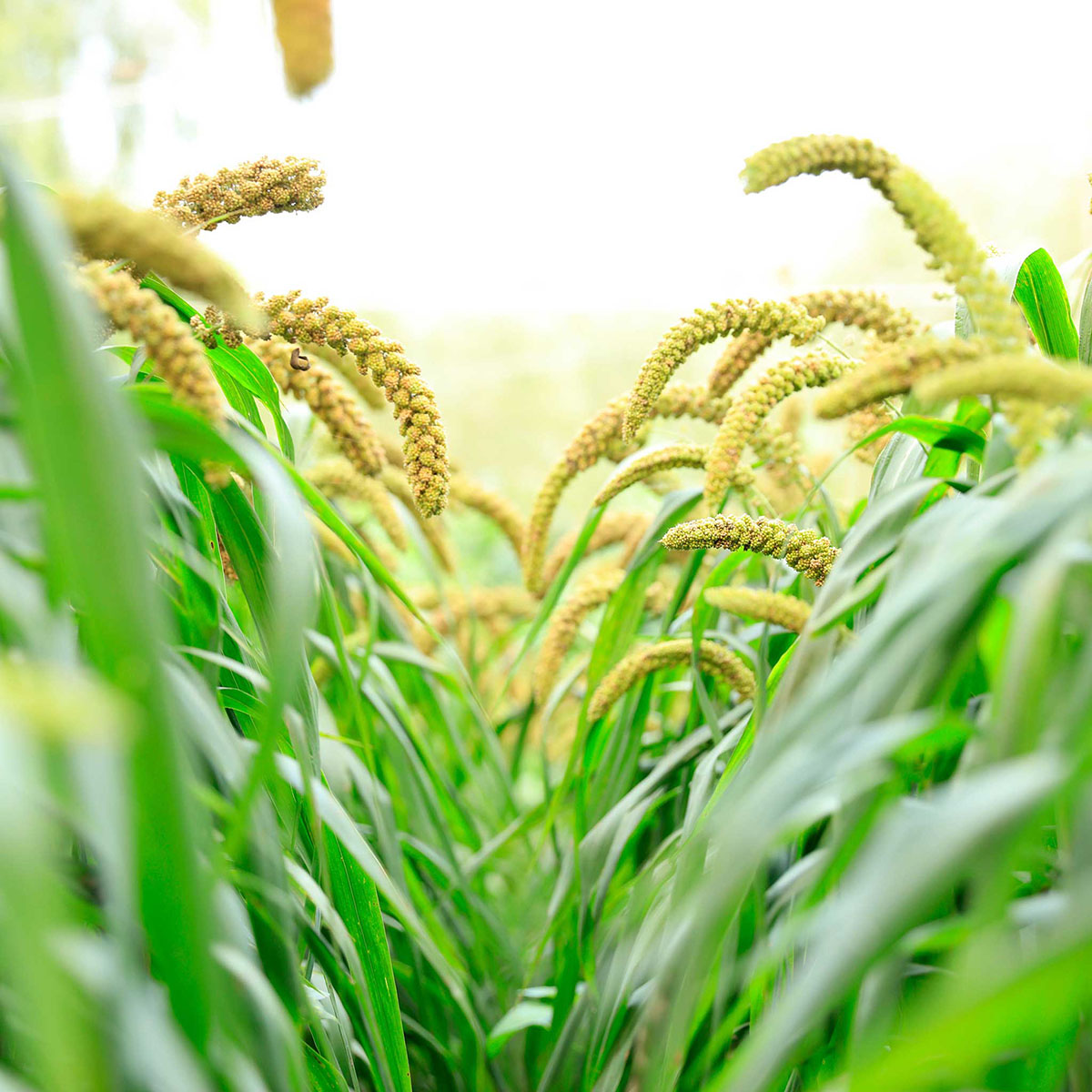
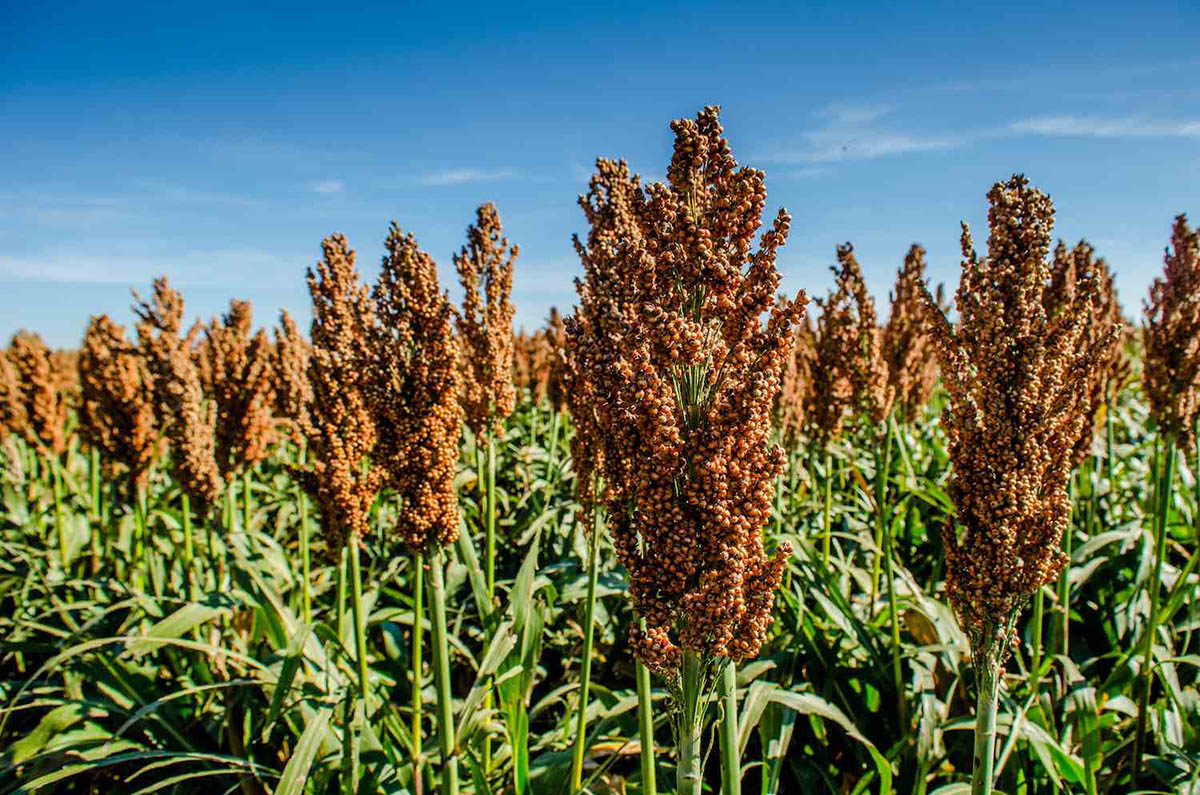
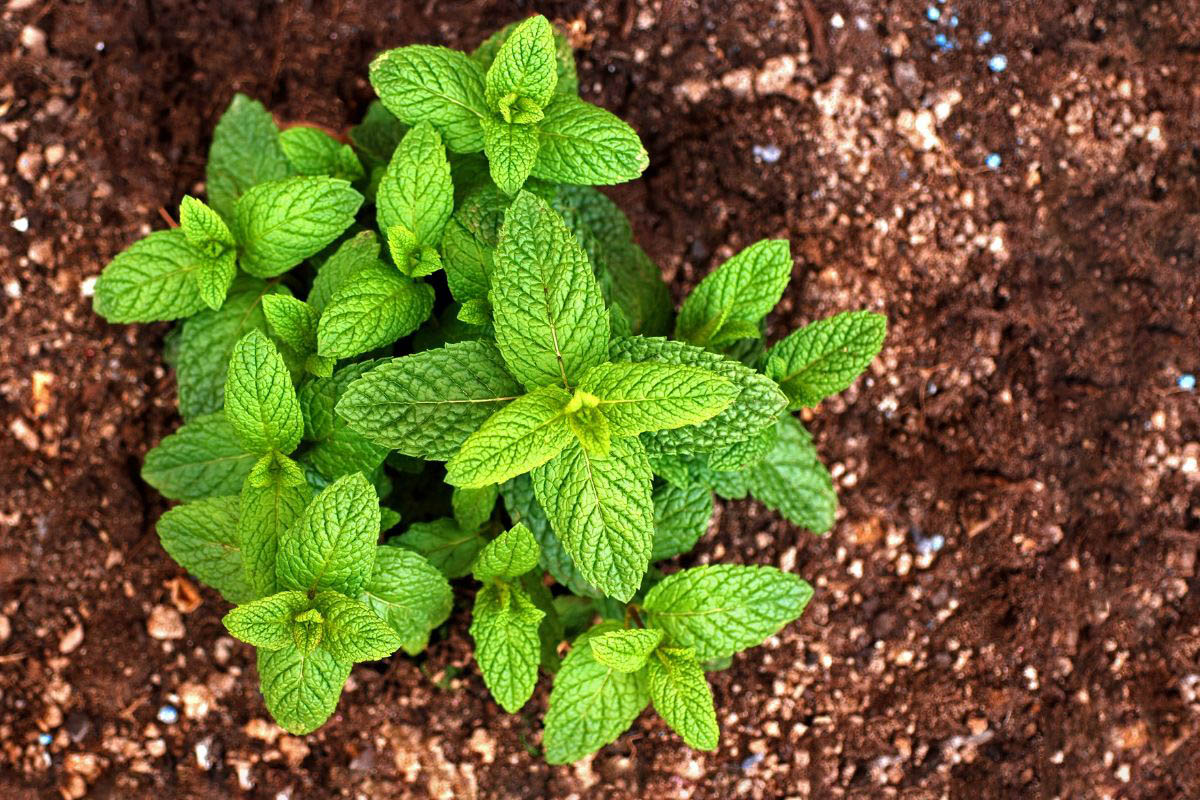

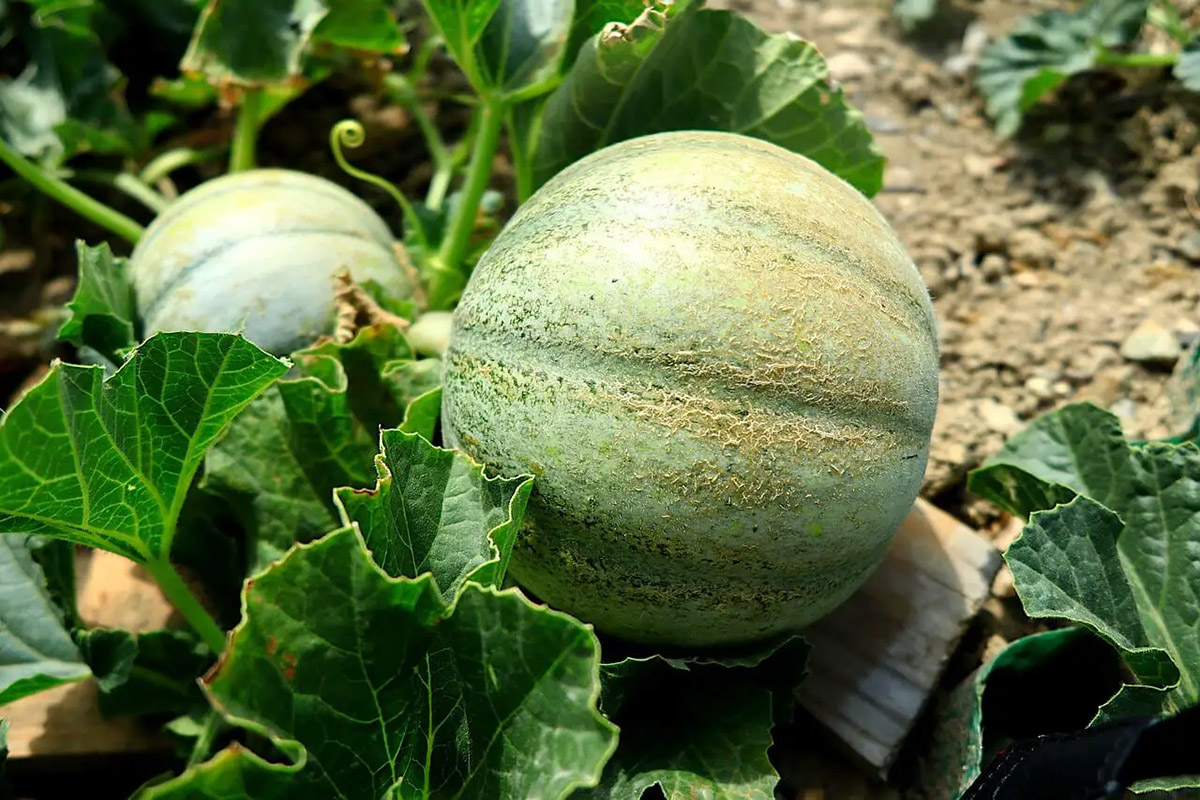
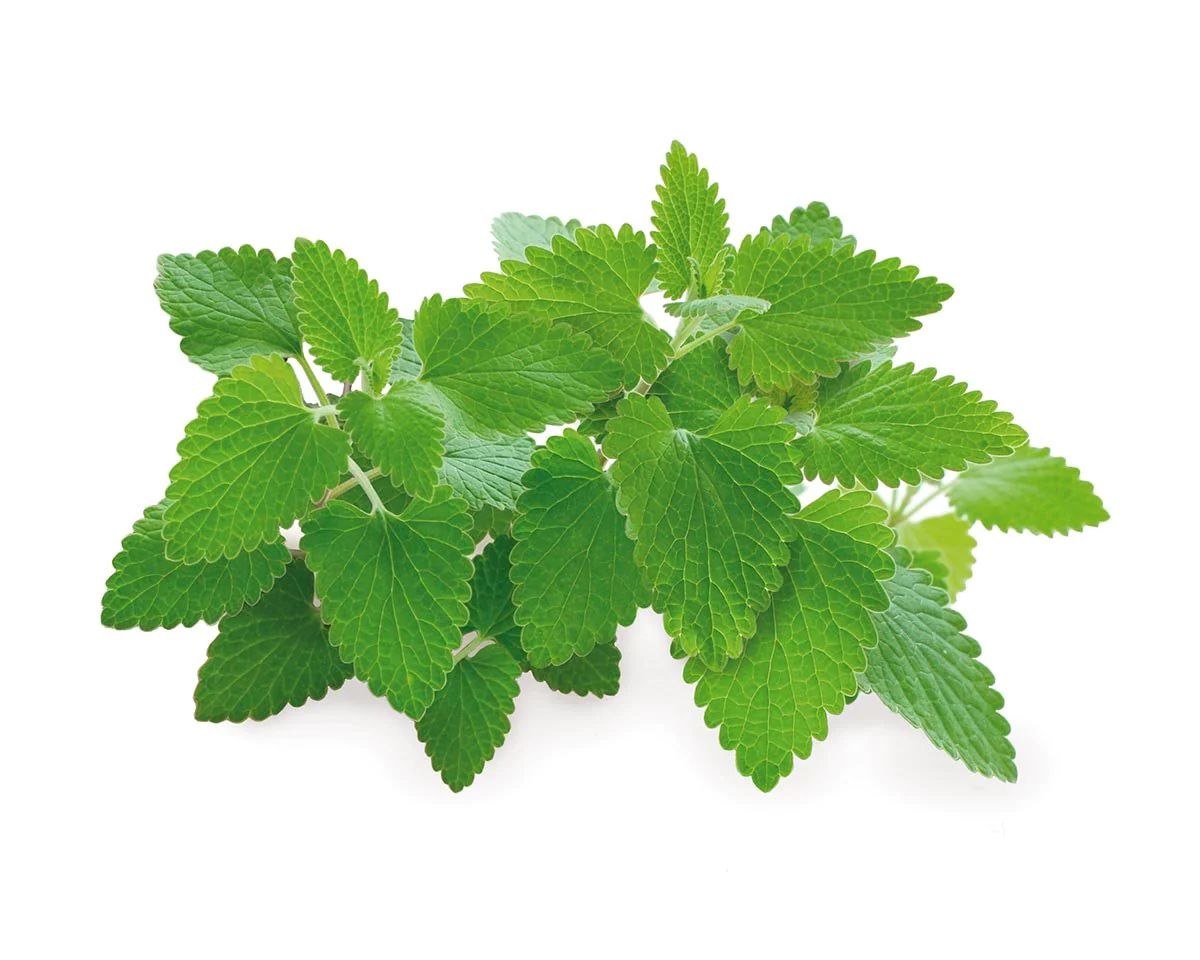


0 thoughts on “How Long Does It Take Rye Grass To Germinate”